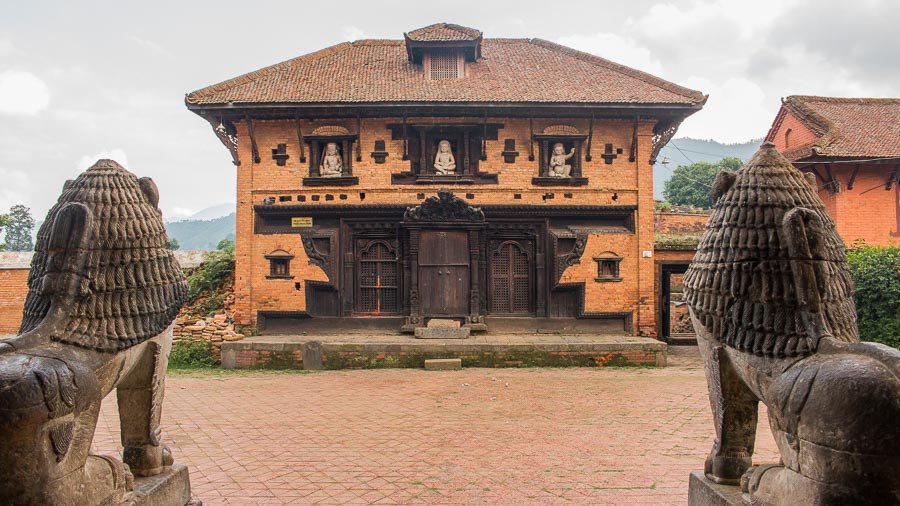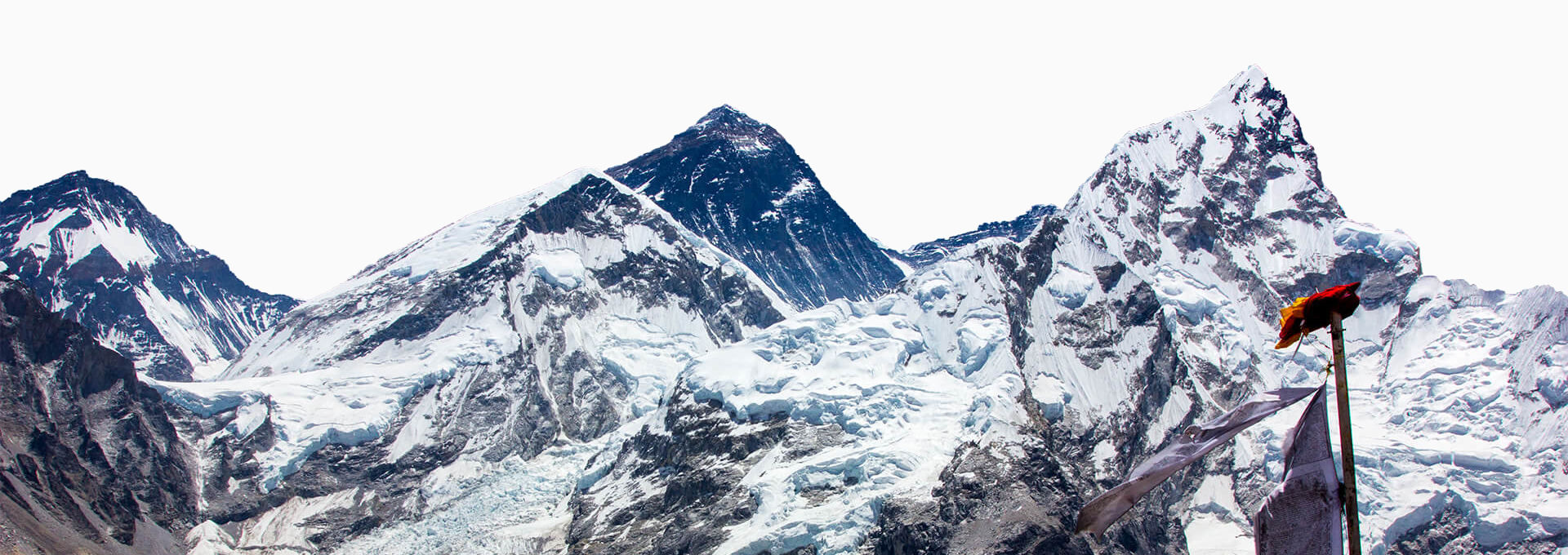
We had a brief session with one of the leading travel expert of our nation. In the course, we talked about what was the scenario like back in 70’s, how did a regular boy from Sanepa harness such a dream, how the tourism industry is shifting and what moves we need to make to move along with it.
This leader is Vikram Pandey and he has been in the industry for over 20 years. In the course of time, he has developed creative new ways to attract tourists through international scale events such as the highest marathon in the world which literally starts from Everest Base Camp. Then there is Lumbini marathon. And, so as to not disappoint cyclist, every year a downhill cycle race that goes by the name of Mustang Madness.
Here, we have a video summarizing the blog which also has tips for younger generation starting out to take on the tourism industry of Nepal.
1. Tell us about your Journey in Tourism!
Back in those days, there weren’t many opportunities so it was a trend for everyone to flock to Army or find a Government job. But I’ve always been a different guy since childhood. Those were all routine and monotonous jobs for me as I always wanted something different in life. Hence I was always looking for opportunities to jump out to other sector. Somehow, God helped me and I stepped my foot into Tourism. But I initially started as a bill clerk in the Accounts Department of Travel Company. The bosses would ask me to go to Government Offices, banks and several places with Office work. Observing my personality, they thought I was proactive in Public Relation sectors and transferred me from Accounts to PR Department. Even I got a chance to explore myself better and realized that interacting with people, learning about civilizations and their customs, food-habits, etc is what I always wanted to do. Then I pulled myself up. And this is how I started.
2. What were the challenges and Prospects of tourism in the early days and what kind of tourists came in those times?
Tourism itself was new in those times, so certainly there were many challenges. There were no training institutes to give orientation and guide. The office staffs were jealous of each other and would never even teach how to do a job. It was a very difficult time, to be honest. Many people left the job due to nervous breakdown as they could not bear the insults, sarcastic comments and the work pressure. However I managed to get through all the negative vibes by taking it as a part of life, because I had seen bigger dreams for myself in the Tourism Industry.
The tourists who came to Nepal back in the days were all old and retired. Some used to be so old that we couldn’t help but crack jokes as there will be additional two luggages when they leave and those would be coffins.They were first class tourists who had lots of money and traveled as a part of their hobby. Some used to be cultural tourists, who would travel to several countries and come to Nepal for a night or two. The other kind would be tourists who came for several weeks to trek in the Himalayas. Interesting thing is, when I dropped them at the airport and shook hands to bid farewell, they used to leave 10$/20$ bills as tips. But what’s funny is that, even though our pockets were full of dollars and pounds, there were no restaurants to eat, no tea shops and place to actually spend those. In fact, we used to work in half empty stomach. The hardship was real!
3. You have witnessed the changes in Tourism Industry very closely. Are the challenges in present days similar to those times? What are the modern day tourists like?
Today, there is a very competitive environment in Tourism Industry globally. It is very challenging as we can no longer sit back selling the name of Everest alone. Even other countries are developing new destinations, competitive prices, facilities, co-operating with local airlines by restructuring price, etc. to get attract tourists. These days the tourists who come to Nepal are either very cost conscious or luxury tourists. The first kind are very cost conscious and competitive. They check around ten travel agency’s prices before selecting one. This is not because they are poor but this has been a fashion to get lowest prices. And the other kind are luxury tourists, who want everything top class. Tourists who travel very cheaply don’t give anything back to the local economy. Thus we need more middle class tourists who would even contribute to nation’s economy.
4. What inspired you to invest your energy in the Adventure Tourism? What is the secret behind the successful events?
I have always been a dreamer from my student life. As I joined tourism field, people were impressed by the quality of work I delivered in every work I ended up doing. So, I got opportunities to involve in Adventure tourism. I love adventure. I go trekking, rafting and mountain biking. I even used to do solo paragliding. So basically, that is where my motivation comes from and the interesting events like Everest Marathon, Mustang Madness, Annapurna Marathon, expeditions, rafting, etc are the outcomes of the same.
These events are successful because we ensure proper safety and the organization is perfect. We provide quality food and good service by staffs. Also, I make sure there is always a helicopter for extra security.
5. Besides adventure tourism, you also seem to be inclined towards the promotion of Buddhist Tourism. What is your motivation behind it?
That’s because I love it. If I have to describe myself in one word, I would like to call myself a tourist. I am a cultural and heritage tourist. I read a lot and try to dig interesting facts. Anything that is interesting, fascinate me. So is Buddhist tourism, for now. The great location Lumbini which is the home land to three great Buddhas has inspired me to initiate a new spiritual event ‘Lumbini Peace Marathon’. Also, the ‘Mayadevi Maternity’ route was designed by myself to develop a credible tourism product as it carries a beautiful story and theme. This is the path that Mayadevi, mother of Siddhartha Gautam (Buddha) took after she gave birth to Siddhartha by carrying him on her lap upto the palace, from her maternal home. One day Nepal is going to get big exposure because of it.
6. Observing the trends all over the world, we can see the big companies like Trip Advisor, Booking.com, AirBnB, lonely planet, etc coming to rise. How can Nepal adapt and compete with such changes? How can Nepal adapt to it?
In order to be successful, we should always join the crowd of Global society. These companies are rising because people find it necessary and there is a great market for it. These days, everyone wants to pick up Apps. If they want to eat good chinese food, they use Apps or softwares to compare few places before they decide to go. Thus, even Nepal has to fit in by building something to get benefit.
7. Do you have any funny or thrilling travel memory that has left an imprint on your mind?
There are tons. But, I would like to share two of them. Once, while we were trekking from Tengboche to Namche Bazaar, the weather turned horrible all of a sudden. We had to complete the rest of the trek by struggling through the heavy snowfall and fighting against the wind. This was a life threatening moment.
Another most memorable experience was the Mt Everest Expedition of 1984 with the Indians. Never in my life had I met so many interesting personalities in any expedition. There were people from Indian army, celebrities and we also had 7 females in the team. It was like a mini world of it’s own. Just beautiful! It was the expedition in which Bachendri Pal, an Indian woman summited Mt Everest for the first time. That expedition changed everybody’s vision towards life. Everybody ventured to different sectors after that.
8. What kind of a future do you see for Nepalese Tourism?
The beauty of Nepal is incomparable but Tourism won’t come to a place which has been abused. So we should start conserving the greenery, forests and everything we possess. The mountains, the landscapes, rivers, etc should be kept clean for a better tourism. There is a great prospect so everybody should keep working their part well.
9. What advice would you like to give to the younger generation.
It is very important be broad and adventure minded in life. Don’t stick to the old values. Don’t brag if you come from a high society or a rich family. Start discovering your passion in order to make your life meaningful.







